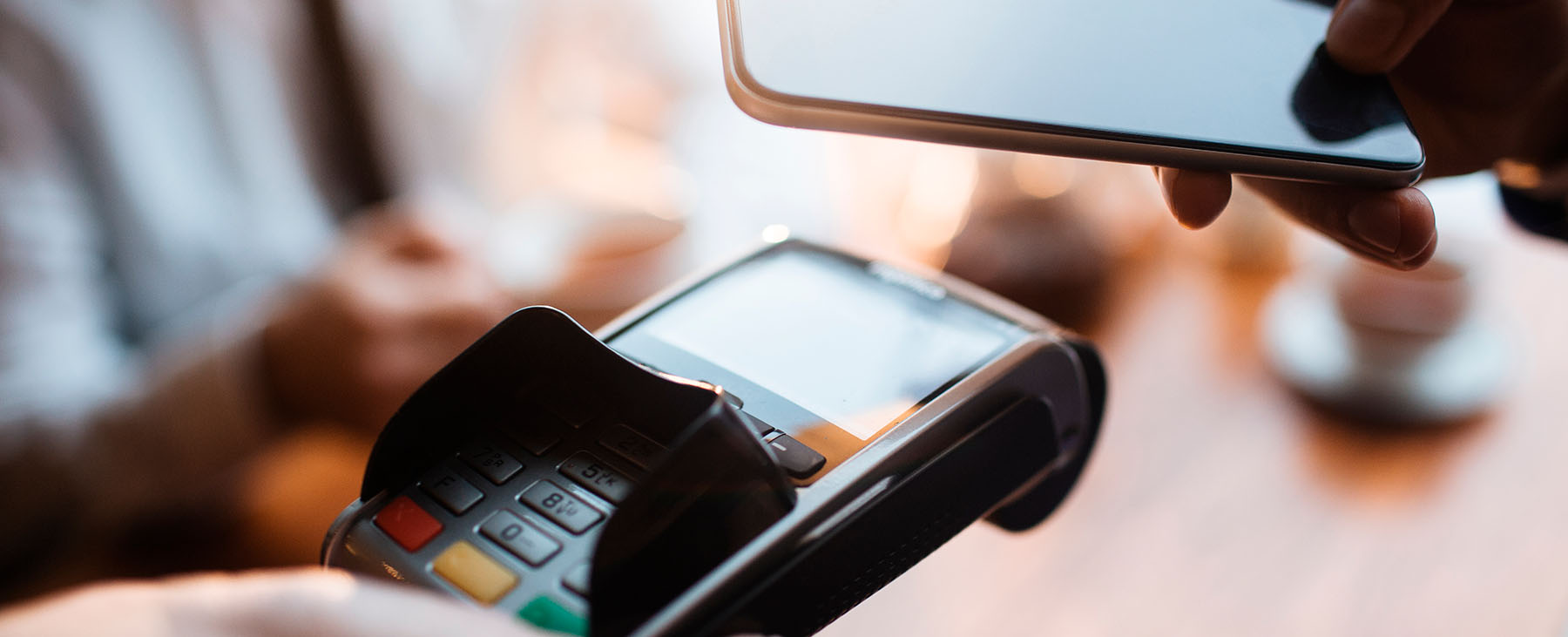

Will physical money disappear?
Els mitjans de pagament digitals, les criptomonedes, les divises digitals impulsades pels propis bancs centrals… Tot plegat està arraconant cada cop més els diners físics com a eina d’intercanvi de béns i serveis. T’oferim algunes claus de com està canviant el sistema monetari internacional.
La covid-19 va fer que l’any 2020 les targetes desbanquessin per primera vegada l’efectiu com a mitjà de pagament preferit pels ciutadans a molts països. Al Regne Unit, per exemple, l’ús de l’efectiu es va reduir a la meitat.
El sistema monetari està en ple procés de transformació amb la irrupció de les criptomonedes i fins i tot la creació de monedes digitals impulsades pels propis bancs centrals. En aquest context, la moneda física sembla tenir els dies comptats.
Tot i que els diners en efectiu es resisteixen a deixar de ser la principal eina per comprar i vendre, es calcula que actualment els diner físics només suposen entre un 5 % i un 8 % de tots els diners que existeixen nominalment al planeta. En pocs anys els mercats financers s’han omplert de nous productes, divises i actius de tota mena.
De la mateixa manera que les primeres monedes encunyades pels orfebres van canviar els sistemes econòmics de les societats antigues, els diners electrònics canviaran l’economia tal i com la coneixem avui. Com explica l’agent d’11Onze Laura Bunyol, en aquesta nova etapa de la globalització, sembla que “el sistema vol fer canvis estructurals”.
Cap a les divises digitals
La popularització d’Internet i la telefonia mòbil juntament amb l’auge de les criptodivises ens empenyen cap a un món de diners digitals que suposaran “la mort del diner físic”. De fet, com explica Laura Bunyol, l’any 2019 el llavors governador del Banc d’Anglaterra “ja va plantejar la creació d’una moneda digital global, recolzada per diversos bancs centrals”, que substituís el dòlar com a moneda de referència mundial.
Suècia ja compta amb una e-corona en fase de proves, que s’utilitza per a algunes transaccions. I tant als Estats Units com a Europa s’estan realitzant estudis relacionats amb la implementació de les monedes digitals. De fet, ja existeix el projecte d’un euro digital, com expliquem a l’article “L’euro digital, el final dels diners físics?”.
Encara existeixen moltes incògnites sobre com seran les divises digitals, però sembla que, com les criptomonedes, també es basaran en la cadena de blocs o ‘blockchain’ per garantir-ne la seguretat. De tota manera, el xifratge dels seus codis no serà dissenyat per quedar fora de la vigilància dels bancs centrals. I sembla que serà un recurs útil per als governs per acabar amb l’economia submergida.
El paper dels bancs centrals
Els bancs centrals no poden obviar la progressió de les criptomonedes, així que s’han d’adaptar als nous temps o perdran els seu sentit i “a la llarga deixarien d’existir”, com apunta Laura Bunyol. Els Estats no es poden permetre el luxe de perdre el control de les polítiques monetàries.
De fet, el sistema financer tradicional s’està esforçant de valent per regular i incorporar les criptodivises a la seva lògica de funcionament. L’’establishment’ sap que, de no fer-ho, corre el risc d’acabar arraconat en el panorama econòmic mundial.
Tot apunta que, com indica Bunyol, és probable que en un futur no gaire llunyà haguem de buscar fòrmules alternatives al cara o creu o l’actual sistema de desbloqueig dels carros dels supermercats.
11Onze és la fintech comunitària de Catalunya. Obre un compte descarregant la super app El Canut per Android o iOS. Uneix-te a la revolució!
Leave a Reply
You must be logged in to post a comment.






Gràcies
Gràcies a tu, Joan!
Segur. Estaria bé que onze tingués criptomonedes tambe
Segur que les tindrem més endavant, quan el mercat de les criptomonedes estigui regulat pel Banc Central Europeu. Moltes gràcies pel teu comentari, Jordi!!!
👍
Gràcies, Manel!👌🏾